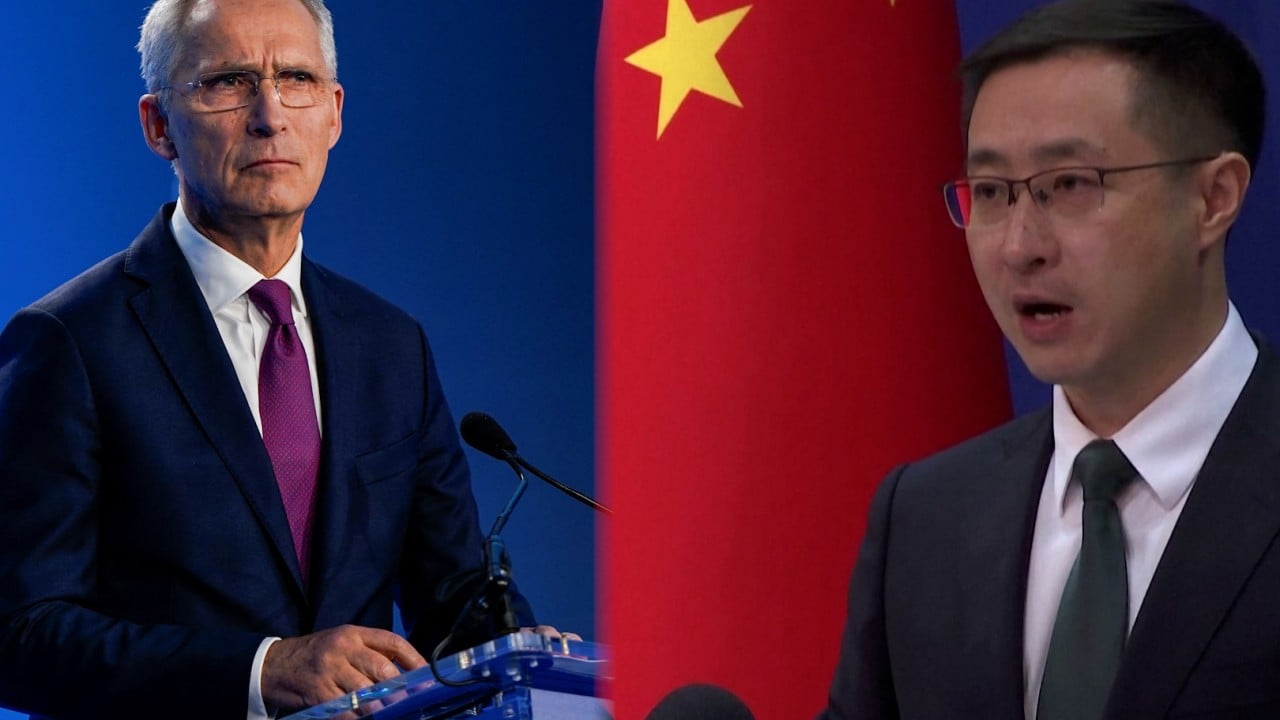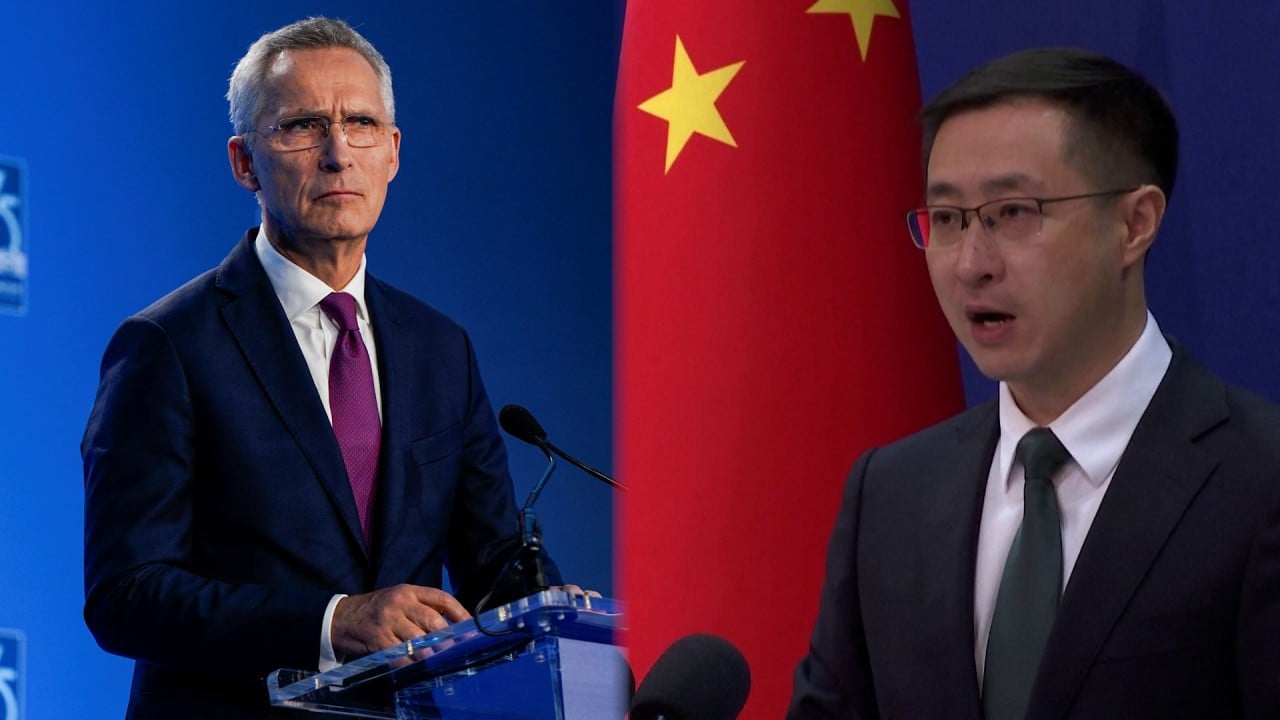A People’s Liberation Army (PLA) delegation led by Ground Force Commander Li Qiaoming arrived in Moscow for talks on Thursday, as Chinese Premier Li Qiang left the city for neighbouring Belarus.
According to a Russian defence ministry statement cited by state news agency Sputnik: “A protocol meeting was held between the Deputy Minister of Defence of the Russian Federation, Colonel General Alexander Fomin, and the Commander of the Ground Forces of the People’s Liberation Army of China, Colonel General Li Qiaoming.”
Li Qiaoming was in Moscow on a working visit at the invitation of commander-in-chief of the Russian ground forces, Army General Oleg Salyukov, the statement added.
Sputnik News said the two sides discussed topical issues of mutual interest on military cooperation, but did not elaborate.
There has so far been no official announcement from the Chinese side about the visit.
Just a day before, Russian President Vladimir Putin met Premier Li at the Kremlin, with both sides agreeing to strengthen economic and technological cooperation.

Earlier, Li held talks with Russian Prime Minister Mikhail Mishustin, and the pair witnessed the signing of more than a dozen agreements ranging from investment to transport cooperation, according to the Kremlin.
Neither the Chinese nor the Russian readout on Li’s visit mentioned whether the situation in Ukraine figured in the talks.
Under Chinese President Xi Jinping, the portfolio of a premier is mainly to implement trade, economic and administrative policies laid down by the ruling Communist Party. Military affairs are not supposed to be part of Li Qiang’s remit.
The visit of the PLA delegation not only closely followed Li’s visit reaffirming China-Russia relations, it also took place at a sensitive time – with Ukrainian forces leading a surprise incursion into Russia’s Kursk region since early this month.
Russia has failed to push back the offensive. On Thursday, Putin met his senior aides to review the situation in Kursk, facing the largest incursion by a foreign force on Russian soil since World War II.
Meanwhile, US President Joe Biden pledged more military aid to Ukraine in a call with President Volodymyr Zelensky on Friday.
The aid package, worth US$125 million, will include missiles and counter-drone equipment, according to the Pentagon.
It is not clear whether the Russian military invitation to the PLA was extended before or after the Kursk incursion, as such a visit could take a long time to arrange. There is also little information about what the two sides talked about.
Beijing has repeatedly said it remains neutral in the Ukraine crisis, a statement that has been challenged by Western countries. China has also pledged not to supply weapons to either side and repeatedly denied allegations that it did so to Russia.
China and Russia’s military cooperation dates back decades, but has deepened in recent years in the face of US sanctions, with frequent joint drills and bomber patrols.
In July, the US and Canadian air forces said they had intercepted Chinese and Russian bombers in international air space near the US state of Alaska for the first time. Beijing said the aircraft were taking part in a “joint strategic aerial patrol” as part of an annual bilateral military cooperation plan.
This came a week after the PLA and Russian navies completed joint exercises – including live-fire drills – off the southern Chinese province of Guangdong facing the South China Sea.



